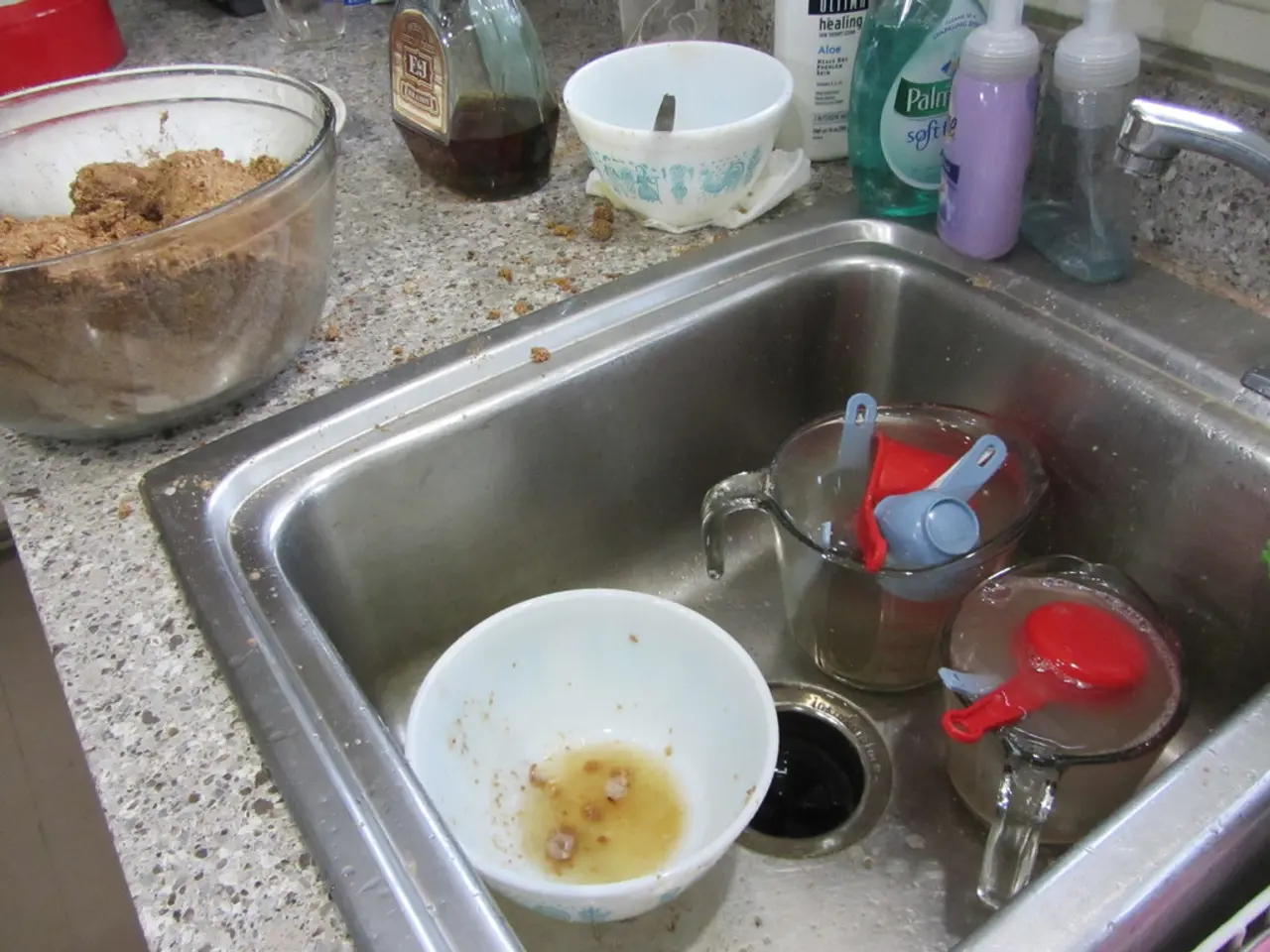CRE Superbug Surge in Hospitals: 1,100 Dead, Urgent Cleanliness Action Needed
Hospitals are grappling with a surge in Carbapenem-resistant Enterobacteriaceae (CRE) infections, a superbug that has tripled in prevalence since 2019. This alarming trend, which has claimed over 1,100 lives, is a stark reminder of the urgent need for improved hygiene practices in healthcare facilities.
The Centers for Disease Control and Prevention (CDC) has long been aware of the threat posed by drug-resistant infections. However, it has yet to enforce rigorous cleaning standards for hospitals. Meanwhile, healthcare workers' failure to clean their hands between patients and hospitals' inadequate cleaning of rooms and equipment have exacerbated the spread of CRE infections.
CRE infections, caused by bacteria new to the U.S. since 2001, are particularly concerning as they are resistant to most antibiotics, including IV medications. Mattresses, which can harbor germs for extended periods, also pose a significant risk, especially for infections like Clostridium difficile (C. diff).
Research has shown that a patient's room assignment plays a crucial role in infection risk, trumping factors like age or illness. Placing a patient in a bed previously occupied by an infected patient can increase the risk of infection almost fivefold. This underscores the critical need for better hygiene practices and more stringent cleaning protocols in hospitals.
The rise in CRE infections serves as a red flag for the broader issue of hospital cleanliness and drug-resistant infections. To combat this growing threat, hospitals must prioritize hygiene, enforce strict cleaning standards, and ensure healthcare workers adhere to proper hand hygiene practices. Swift action is needed to prevent further spread and protect patients from these deadly superbugs.
Read also:
- Benefits and Drawbacks of the Affordable Care Act (ACA)
- "Blood tests could potentially enhance the accuracy of malaria diagnoses in research circumstances"
- Differentiating between a cold and allergies can ease respiratory issues in children
- Optimal Strategies for Complete Healing Post Motorcycle Mishap








